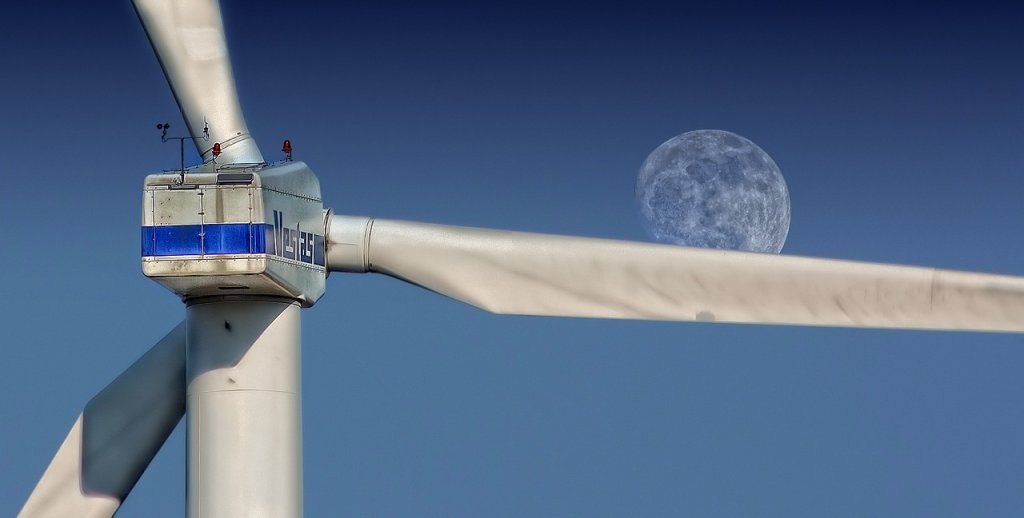
As the Republic of Türkiye enters its second century, it has still been unable to solve various foreign policy problems traced back to the Ottoman Empire. Foremost among these problems is the issue of the sovereignty of Cyprus, which has at times mortgaged Türkiye’s general relations with the West and, specifically, its relationship with the European Union (EU). Another disputed issue concerns the ownership of potential fossil fuel reserves in areas adjacent to the island and transmission routes to connect these resources to energy markets. However, in the aftermath of the 1999 earthquakes, the relations between Türkiye and Greece, the main stakeholders of the Cyprus dispute, entered a period of detente. During this period, discoveries in Cyprus’s offshore waters (and their transmission projects to Europe via Türkiye) had raised hopes among liberal circles that lasting peace was coming to the region. At the current stage, however, the process has not only led to a further unresolved dispute over the sovereignty of Cyprus. Still, it has also exacerbated the geopolitical rivalry between Greece and Türkiye in the Eastern Mediterranean.
As in the aftermath of the 1999 earthquakes, the new rapprochement between the two countries that emerged in the aftermath of the earthquakes of 6 February 2023. This new chapter in Greek- -Turkish relations also raised questions about whether concrete steps would be taken to address the ongoing problems including the increasing armament in the region as well as the sovereignty and resource ownership dispute in Cyprus. At this point, the following remarks by then Turkish Foreign Minister Mevlüt Çavuşoğlu, who met with his Greek counterpart on 19 February, were noteworthy: “In the past we supported each other as neighbors [referring to the mutual aid during the 1999 earthquakes]. Yes, we had disagreements and sometimes escalations. However, as we discussed with [then Greek Foreign Minister] Nikos Dendias on the way to Hatay, we should de-escalate and not wait for another disaster to occur in order to work together.”
Mediterranean as a climate hotspot
It is unclear whether Foreign Minister Çavuşoğlu had the “climate crisis” in mind when he used the concept of “disaster” in his speech. However, as stated in the 2023 synthesis report of the Intergovernmental Panel on Climate Change (IPCC), one thing is clear: Although the impact of anthropogenic greenhouse gas emissions and climate change on biodiversity has reached an irreversible stage in certain areas, humanity still has mitigation/adaptation options in its hands. The same report emphasizes that international cooperation, ambitious emission reductions (such as fossil fuel phase-out and increasing the use of renewable energy), adaptation (such as forest fire warning systems and efficient irrigation in agriculture), and climate-resilient development will be critical enablers to combat climate change successfully. At the regional level, the United Nations Environment Programme (UNEP) describes the Mediterranean as a “climate change hotspot”. It draws attention to the fact that it is warming 20% more than global averages. In this context, UNEP has determined that the region is vulnerable to the effects of the climate crisis (drought, heat waves, increased risk of forest fires, and decreases in agricultural yields). Indeed, the southern parts of the Mediterranean suffer from various internal mobility consequences caused by climate-related events, including the disruption of regular migration flows due to climate change –the threat multiplier of the 21st century.
Although both reports call for emergency to develop common climate policies in the Mediterranean, the political decision-makers of the region’s countries in general, Türkiye and Greece in particular, remain indifferent. To add insult to injury, Greek and Turkish policy makers are militarizing their countries’ foreign policies against each other and engaging in geopolitical competition over the dominance of potential fossil fuels in the region, as mentioned above. Looking at the equation in terms of energy consumption, it is seen that the countries of the region continue to consume fossil fuels at the level of 80-85% in primary energy and 60-65% in electricity (Table 1). Considering the Mediterranean basin’s abundant renewable energy sources (i.e. solar and wind) waiting to be developed, those littoral countries’ over dependence on fossil fuel is quite paradoxical.
Cooperation as a matter of survival in the fight against climate change
As the people of Greece and Türkiye, two neighboring countries in the Mediterranean, continue to experience the adverse effects of climate change more and more each year, decision-makers continue to prioritize state-centered security concerns over this vital security issue and insist on adopting carbon-intensive economic models. Yet, a group of Greek academics (Alexis Heraclides, Andreas Stergiou, Theodoros Tsikas, Konstantinos Tsitselikis) propose a different approach to Greek-Turkish relations: “…the two countries face common threats to biodiversity and fishery activities, as well as climate security challenges and environmental degradation, that can only be addressed by joint trans-boundary action. In the face of the daunting climate-related challenges that are expected to hit the Eastern Mediterranean especially hard, cooperation is not a matter of choice but of necessity and survival.” [emphasis added by the author] The foremost areas of cooperation are undoubtedly joint renewable energy resource development (such as high-efficiency offshore wind turbines), technological investments (such as green hydrogen), and the establishment of mutual electricity grids, in line with the fight against the common climate. The first of these steps may be the inclusion of Türkiye in the “EuroAsia Interconnector” project. The project, which falls within the scope of the EU’s Project Common Interest (PCI), is an “Electricity Highway” that will connect the national electricity grids of Israel, Cyprus, and Greece on a 1,208 km submarine and transmit the region’s electricity – mainly generated from renewable energy – to Europe (Map 1). Such a decision will pave the way for the production of common climate policies in the Mediterranean and be a catalyst for cooperation that will establish lasting peace. As long as political decision-makers securitize such a cooperation initiative as a matter of survival for the region’s people.
Table 1
Share of Electricity Generation by Source, 2021
(Terawatt/hour, TWh)
| Countries → Resources ↓ | Cyprus | Greece | Türkiye | Egypt | Libya | Israel | Lebanon | Syria |
| Bioenergy | 1,17% | 0,91% | 1,93% | 0% | 0% | 0,14% | 0,15% | 0,06% |
| Solar Energy | 9,18% | 9,61% | 4,18% | 2,37% | 0,03% | 6,35% | 0,58% | 0% |
| Wind Power | 4,88% | 19,18% | 9,43% | 2,09% | 0% | 0,26% | 0,05% | 0% |
| Hydropower | 0% | 10,18% | 16,78% | 6,92% | 0% | 0,03% | 4,71% | 4,47% |
| Coal | 0% | 9,73% | 30,48% | 0% | 0% | 26,67% | 0% | 0% |
| Oil | 84,77% | 8,62% | 0,62% | 12,92% | 28,91% | 0% | 61,81% | 33,47% |
| Gas | 0% | 41,15% | 33,35% | 75,69% | 71,06% | 66,56% | 32,70% | 61,46% |
| Nuclear Energy | 0% | 0% | 0% | 0% | 0% | 0% | 0% | 0% |
| Other Renewables | 0% | 0% | 3,24% | 0% | 0% | 0% | 0% | 0% |
Note: “Other Renewables” includes; waste-to-energy, geothermal energy, wave energy, and tidal power.
Source: Ourworldindata (date accessed: 28.09.2023) https://ourworldindata.org/
Map 1: EuroAsia Interconnector Project

Translation: Şeyma Özdoğan, Kadir Has University

Prof. Dr. Emre İşeri, Yaşar University
In addition to being the Director of Yaşar University Mediterranean Applications and Research Center, he works as a full-time faculty member in the Department of International Relations. Recent undergraduate/graduate courses include International Political Economy, Research Methods in Social Sciences, Middle Eastern Politics, Energy Politics, Turkish Foreign Policy. His current research interests include Mediterranean Studies, energy and climate politics and Turkish foreign policy. He has held various positions in various international/national academic research projects. His work has been published in several international/national books and journals. Among the international journals mentioned are: Geopolitics, Energy Policy, Journal of Balkan and Near East Studies, Environment, and Planning C, South European Society Politics and Turkish Studies. His most recent work was published in a edited volume titled “Turkey’s Energy Policy: Path Dependency of Carbon Lock-In” published by Edinburgh University Press.
Bu yazıya atıf için: Emre İşeri, “Can the Sustainable Energy Transition Be a Catalyst for Cooperation to Establish Lasting Peace in the Eastern Mediterranean?” Panorama, Online, 28 August 2024, www.uikpanorama.com/blog/2024/08/27/sustainable-ei/
Telif@UIKPanorama. Çevrimiçi olarak yayımlanan yazıların tüm telif hakları Panorama dergisine aittir. Aksi belirtilmediği sürece, yayımlanan yazılarda belirtilen görüşler yalnızca yazarına/yazarlarına aittir. UİK, Global Akademi, Panorama Yayın Kurulu ile editörleri ve diğer yazarları bağlamaz.

